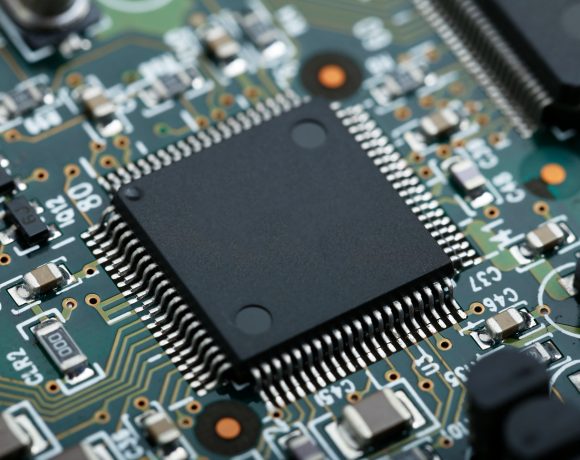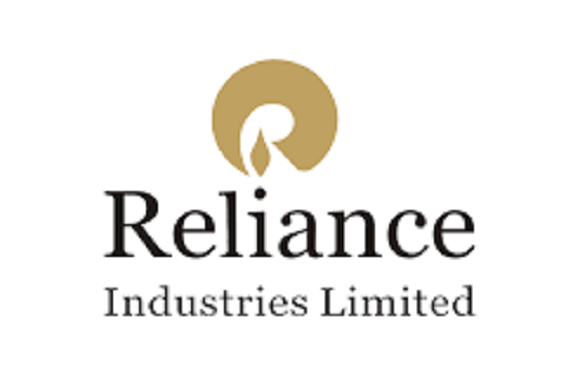
China Advises Firms Against Using Nvidia’s H20 Chips
Chinese authorities have issued guidance urging public and private entities to avoid using Nvidia’s H20 AI chips, particularly in projects linked to government or national security. The H20, designed as a scaled-down version of Nvidia’s advanced processors to comply with U.S. export controls, is now discouraged in sensitive applications.
Concerns Over Security and Push for Domestic Options
State media commentary has described the H20 as outdated, less capable, and potentially vulnerable to security risks. While Nvidia has rejected suggestions of hidden tracking or remote access features, Beijing is encouraging companies to adopt domestically developed AI chips, such as those in Huawei’s Ascend series, to strengthen technological self-reliance.
Implications for U.S. Firms and Trade Relations
The advisory poses a setback for Nvidia, which had only recently resumed sales of the H20 in China following changes to U.S. export restrictions. The H20 remains the most advanced Nvidia model legally available in the Chinese market under current regulations. The move could also influence sales of similar AI chips from other U.S. manufacturers, potentially adding another layer of complexity to the ongoing technology and trade competition between the two countries.


















